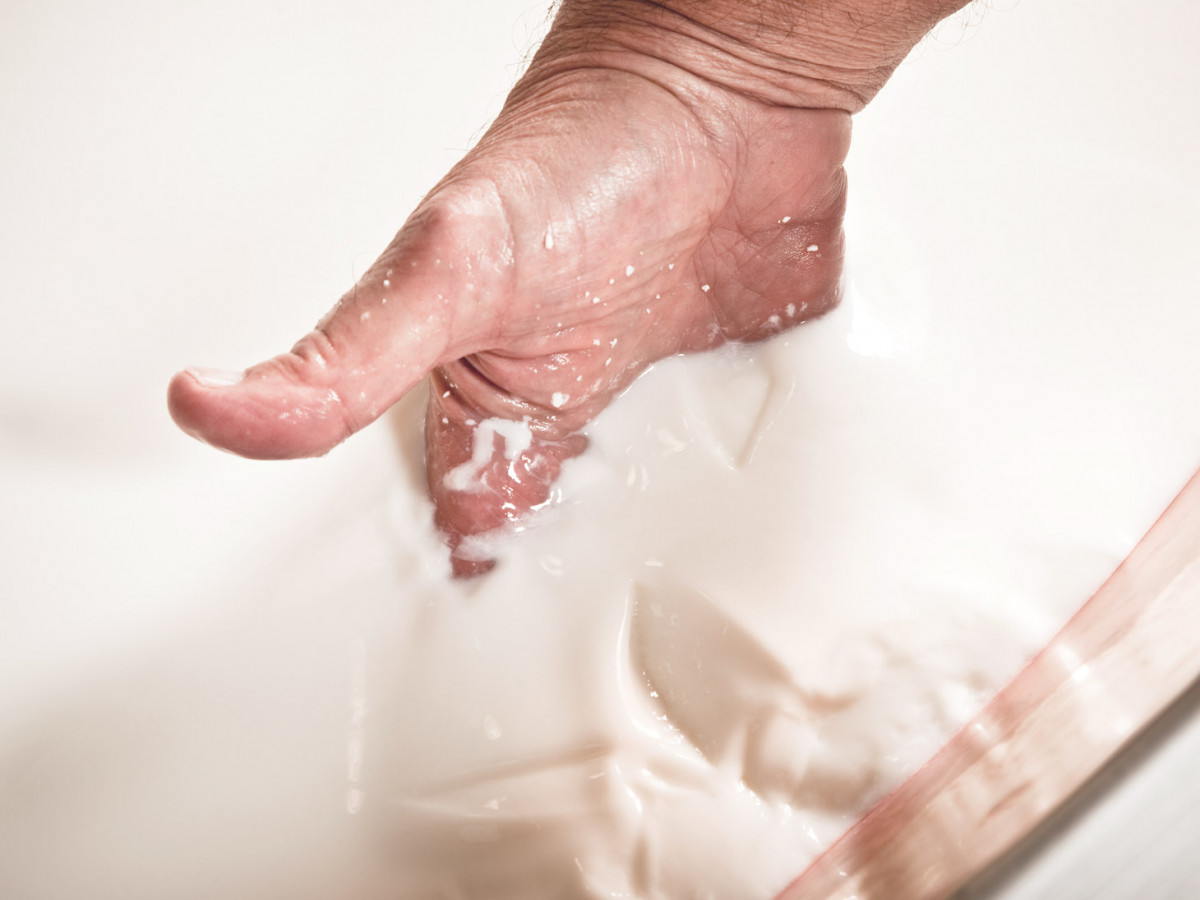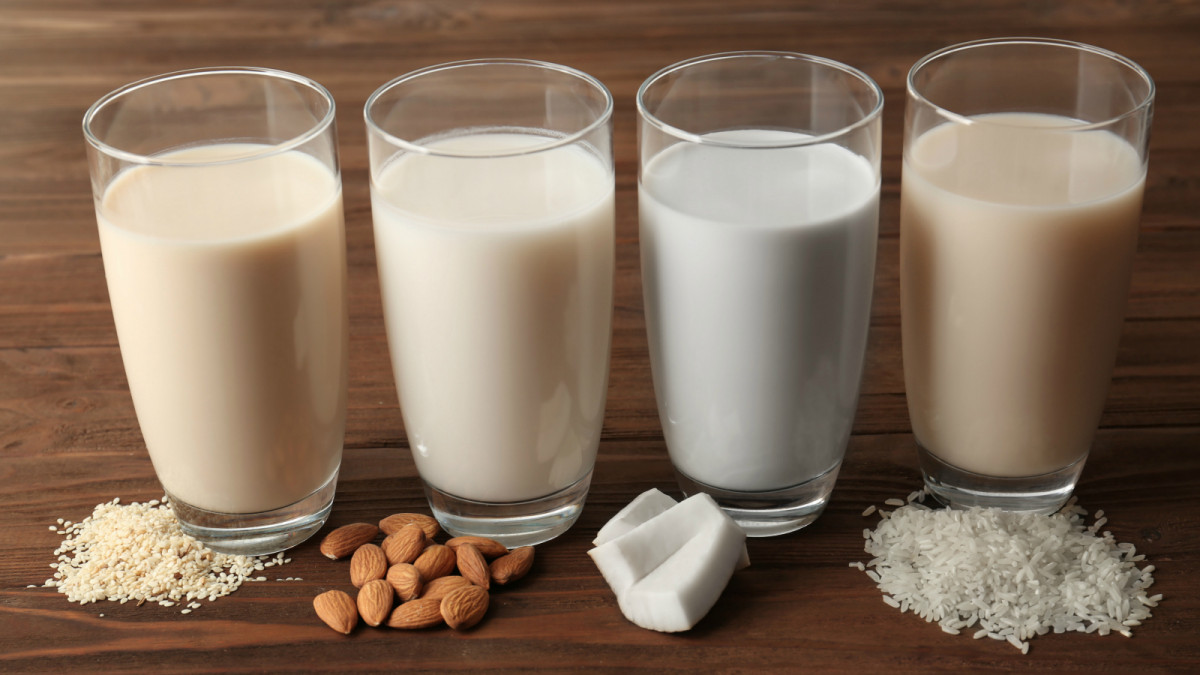Food & Beverage
What makes a consumer prefer one yogurt, drink, or plant-based burger from the rest on offer? As consumers are faced with an increasing range of products, the role of sensory appreciation and sustainability is more significant than ever. Our solutions support food scientists in the search for the perfect formulation and enable deeper understanding of relevant properties during product development and quality control.
Food Rheology & Gelation Monitoring

Looking for a characterization method that can follow gelation processes with high sensitivity, no evaporation, and no contact to the sample? DWS is just what you need.
Whether you want to follow the acidification or renneting of milk, the formation of gels when heating pea protein solutions or upon cooling down carrageenan formulations, our DWS RheoLab will let you witness key processes at their onset, with no mechanical stress/shear to the sample.
Dairy products are especially straightforward to characterize with the DWS RheoLab, due to their natural opacity which promotes multiple scattering. In addition, our patented Echo-DWS technology has been developed specifically to facilitate and accelerate measurements on very firm samples such as cream cheese or mayonnaise.
Read more:
Our application note on the gelling process in acidifying milk
Our application note on the gelation of a gelatin solution
Customer publication on the microrheology of mayonnaise-like emulsions
Microstructure & Texture characterization
The texture and sensory properties of food products result from structures formed at multiple length scales (including nano- and meso-scale).
Macrorheology, the most popular technology to date in rheological and textural studies, is invasive, involves large forces, and may potentially damage weak structures, which dramatically influence the final product's properties.
In contrast, DWS microrheology offers a contact-free approach and is among the best-suited methods to deep dive into the microstructure of food systems. It allows you to probe structure and heterogeneities in your samples at the micro-scale, and without any mechanical stress applied to the sample. At the same time, access to high-frequency behavior provides a wealth of information on sensory properties which is not accessible via a traditional rheometer.
Read more:
Customer publication on the application of DWS in soft foods
Customer publication on the rheology and structural arrest of casein suspensions
Customer publication on the properties of casein/xanthan mixtures
Particle sizing in dairy & plant-based milk

Milk and plant-based formulations are complex, concentrated systems with several sizes populations in suspension: for such dense systems, standard DLS instruments will systematically yield error-loaded results, as strong multiple scattering occurs during the measurement.
Another challenge is the typical unreliability of data fitting algorithms commonly provided by DLS manufacturers. Poor resolution and spurious peaks appearing at low sizes are issues that most DLS users have witnessed.
Our technology, implemented in our NanoLab 3D, has been developed to solve both of these limitations:
- The Modulated 3D technology embedded in our instruments filters out any multiple scattering from the signal.
- Our CORENN algorithm determines the true particle size population. This includes fat globules, micelles, but also single proteins in solution.
Sounds too good to be true? Send us your sample!
Read more:
Our demo video of the Modulated 3D technology in the NanoLab 3D
Scientific publication on the Modulated 3D technology
Formulation Stability
With samples loaded in sealable cuvettes, DLS and DWS provide an effective way of assessing stability in packaging conditions. This evaporation-free approach and the possibility to store the sample in chosen conditions and time periods make stability testing a breeze.
Processes allowing to accelerate the aging of samples within our instruments can be thermally driven (freeze-thaw cycling, or storage at elevated temperature) or, although with a lesser preference, physicochemically driven (addition of salt, dilution, pH, or solvent change). The ensuing loss of homogeneity, change of particle size can be detected at an early stage, thanks to the sensitivity of the instrument. Flocculation/ agglomeration/ coalescence rates can also be monitored.
This is relevant to any consumer product but is especially powerful to study complex emulsions.
In this framework, our DWS RheoLab offers a particle sizing module that can be used to follow changes in droplet size in food emulsions.
Read more:
Our application note of the aging of an emulsion followed by DWS sizing
Our application note of the characterization of mayonnaise with DWS microrheology
Customer publication on the aging and microrheology of oil-in-water emulsions
